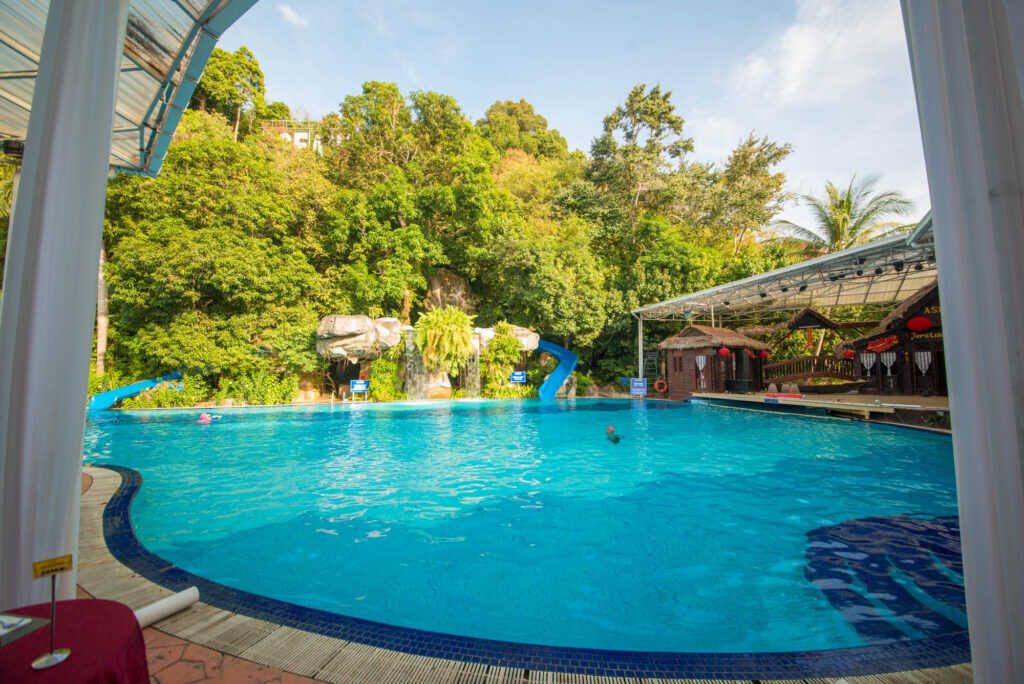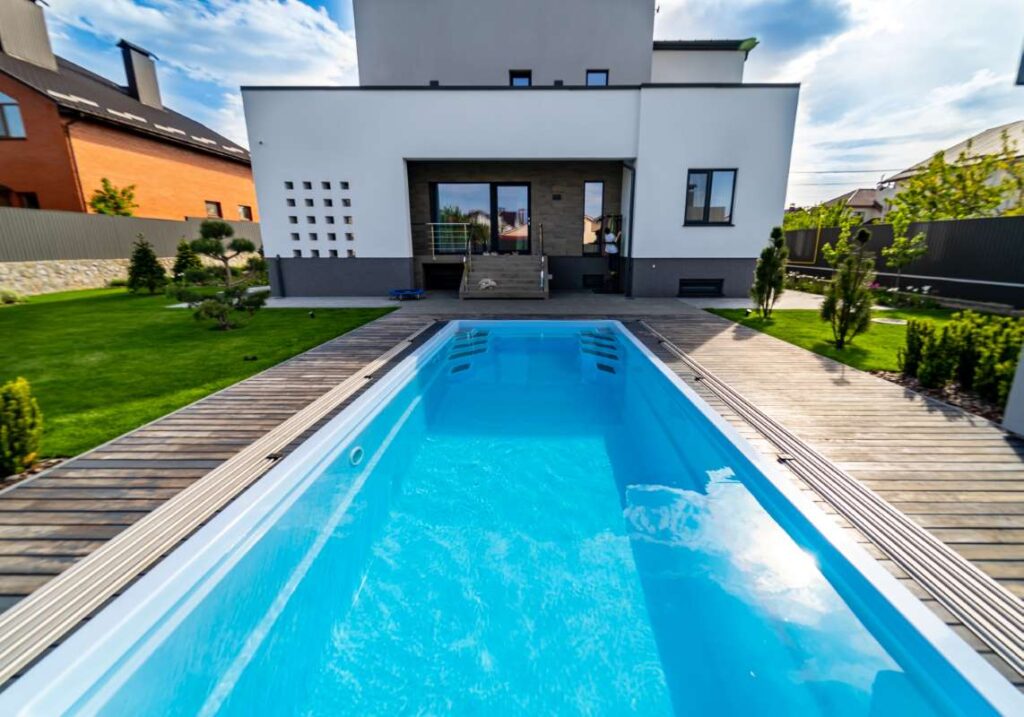Reducing Water Waste in Pool Maintenance Operations
Learn how to effectively reduce water waste in pool maintenance operations while ensuring peak performance and sustainability.
Water is a precious resource, and with increasing concerns about climate change and environmental sustainability, the need to conserve water has never been more crucial. In the pool maintenance industry, where water is used copiously, implementing strategies to reduce water waste not only saves money but also fosters a more eco-friendly operation. This blog post will explore various methods and technologies that pool service providers can adopt to minimize water waste in their maintenance practices. We will discuss the importance of water conservation, practical tips for efficient maintenance, and how companies like Superior Pool Routes can support these initiatives.
The Importance of Reducing Water Waste
– Environmental Impact: The water used in pool maintenance can add up significantly. In the United States, approximately 325 million gallons of water are used daily for pool maintenance. This figure highlights the industry’s overall impact on our water resources. By adopting water-saving practices, pool service providers can mitigate their environmental footprint.
– Economic Benefits: Reducing water waste translates to lower utility bills. Pool maintenance companies can save substantial amounts of money by using less water, which can be reinvested into their operations or passed down to customers as savings. For example, switching to water-efficient cleaning methods can cut water usage in half.
– Regulatory Compliance: Many areas are implementing stricter regulations regarding water use amid drought conditions. Being proactive in water conservation can help pool maintenance companies stay compliant and avoid penalties.
Practical Tips for Reducing Water Waste
1. Optimize Backwashing Techniques:
– Backwashing is essential for maintaining pool filters, but it can waste significant amounts of water. Consider the following techniques to minimize water waste:
– Backwash only when necessary—monitor water clarity and filter pressure to determine the right timing.
– Install a multiport valve that allows for rinse cycles instead of full backwashing.
– Capture backwash water and reuse it for irrigation or other purposes when possible.
2. Use Efficient Filtration Systems:
– Upgrading to energy-efficient and water-saving filtration systems can dramatically reduce water use. High-efficiency filters, such as variable-speed pumps, use less water for cleaning and require less frequent backwashing.
3. Implement Pool Cover Systems:
– Using pool covers can significantly reduce water evaporation, which is a prevalent source of water loss in outdoor pools. A properly fitted cover helps retain water, heat, and chemicals, resulting in less frequent refill needs.
4. Regular Maintenance and Water Testing:
– Regularly test water chemistry to ensure optimal balance, preventing the need for excessive water replacement due to imbalances. Implement routine maintenance checks to identify potential leaks early, addressing them promptly.
5. Educate Your Clients:
– Provide customers with tips on maintaining their pools responsibly. This could include scheduling regular cleanings, recommending the use of pool covers, and educating them about the importance of water conservation.
Technology and Innovations in Water Conservation
– Automated Pool Cleaners: Robotic pool cleaners use very little water compared to traditional cleaning methods. They can efficiently clean pools without the need for high volumes of water to rinse down debris.
– Water-Saving Devices: The market offers various devices that can help pool service providers and homeowners save water. Examples include flow rate monitors and automatic shut-off valves that prevent overfilling during refills.
– Smart Pool Technology: Integrating smart technology in pool management can optimize water usage. Sensors can provide real-time data on water levels, temperature, and evaporation rates, allowing for more precise control over pool maintenance schedules.
Case Studies: Success Stories in Water Conservation
– Company A: A pool maintenance company in California adopted a water-efficient cleaning system and saw a 50% reduction in water use over a year. They implemented a strategic backwashing schedule based on their water clarity, which resulted in significant savings and compliance with new state regulations.
– Company B: By integrating smart technology into their operations, this Texas-based pool service provider was able to monitor and manage water usage remotely. They reported a decrease in water waste by 30% within the first six months, demonstrating the powerful impact of technology.
Best Practices for Pool Maintenance Companies
To effectively reduce water waste in pool maintenance operations, companies should consider adopting the following best practices:
– Conduct Regular Training: Providing staff with training on water conservation techniques not only raises awareness but also empowers them to implement effective practices in their daily work.
– Monitor Water Usage: Maintain accurate records of water usage to identify trends and areas for improvement. Regularly review these metrics to adapt strategies accordingly.
– Communicate with Clients: Develop a communication plan to educate clients on the importance of water conservation. Consider creating informational materials or hosting workshops.
– Leverage Reliable Resources: Consider partnerships with organizations that advocate for water conservation. Resources such as Superior Pool Routes can provide valuable insights and training programs for water-saving practices.
Conclusion
Reducing water waste in pool maintenance operations is not just an environmental obligation; it’s a practical approach that offers economic benefits, ensures regulatory compliance, and enhances business reputation. By implementing efficient practices, adopting the latest technology, and educating clients on water conservation, pool maintenance companies can make a significant impact. As the industry continues to evolve, those who prioritize sustainable practices will not only thrive but also contribute positively to their communities and the environment.
For those looking to enter the pool maintenance industry, companies like Superior Pool Routes provide the necessary training and support to help maintain efficient operations. Embrace the challenge of water conservation, and become a leader in sustainable pool maintenance.



